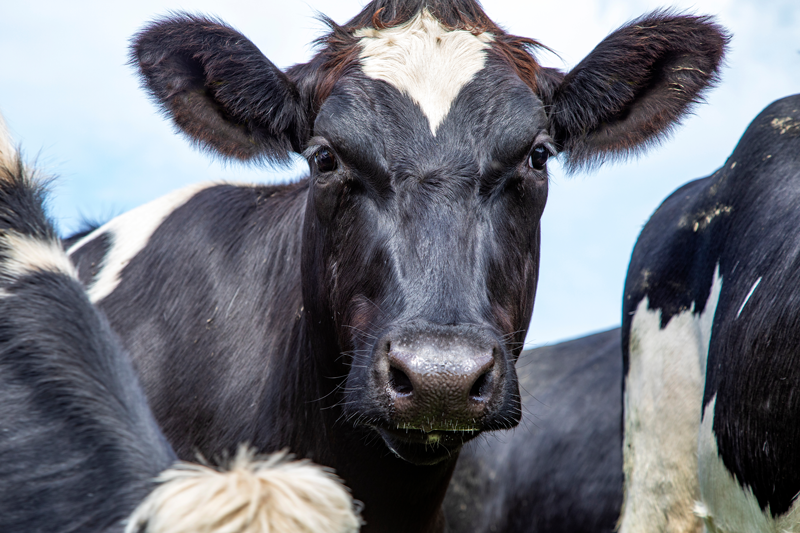Additional bluetongue cases confirmed following ongoing surveillance
6th December 2023
Following active surveillance within the temporary control zone (TCZ), two further cases of bluetongue have been identified taking the total number of UK cases to seven. Both cases are linked to a holding with previously confirmed cases of bluetongue serotype 3 (BTV-3).

“These two animals were, until recently, grazing on a premises just outside the TCZ, so as a result, the TCZ has been extended to cover the north and east coasts of Kent”, says chair of the Ruminant Health & Welfare (RH&W) bluetongue working group and president of the Sheep Veterinary Society Dr Joseph Henry.
“The TCZ is being extended slightly to ensure effective surveillance and minimise the spread of the disease as to-date, as it’s clear the surveillance program is working, so we must continue to support it.
“It’s in the industry’s interest to get this testing done as quickly as possible so that we can resume normal trade and we really hope farmers help in facilitating this.
“All of the additional confirmed cases have been on holdings within the TCZ that surrounds the original case found near Canterbury, Kent on 11 November – all cases have been or will be humanely culled to minimise any risk of onward transmission,” explains Dr Henry.
“On-going surveillance of all livestock will continue in the newly expanded TCZ, please ensure your animals are registered – it’s never too late to officially register your stock.
“There continues to be no evidence of circulating virus in the UK midge population and with the overall temperature continuing to drop, the risk of midge disease transmission is ever reducing,” says Dr Henry.
Legislation remains in place around any movement of animals into and out of the control zone. Farmers and vets can view the latest licences available and how to apply on the RH&W website bluetongue hub.
“When applying for a movement licence its recommended to be as prepared as possible by planning and applying ahead of time to minimise any disruption or delay.
“It is still crucial for farmers to beware when buying animals in, take action to report any signs, and always, remain vigilant,” reiterates Dr Henry.
BTV is a notifiable disease. Suspicion of BTV in animals in England must be reported to the Animal and Plant Health Agency on 03000 200 301.
A dedicated bluetongue hotline recently launched to help farmers looking for advice on the current situation: 024 7771 0386 (Mon-Fri, 9am-5pm).
Read more animal health news here.
